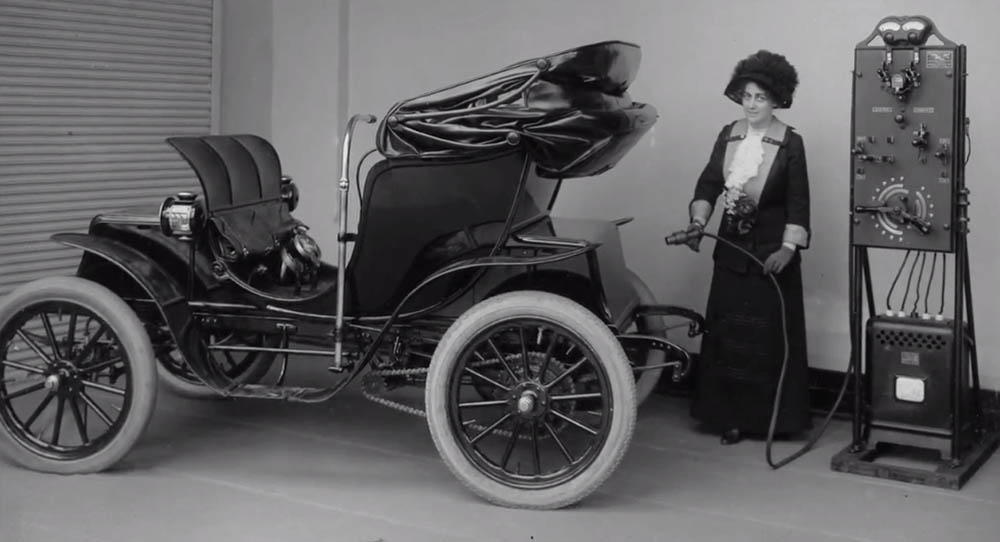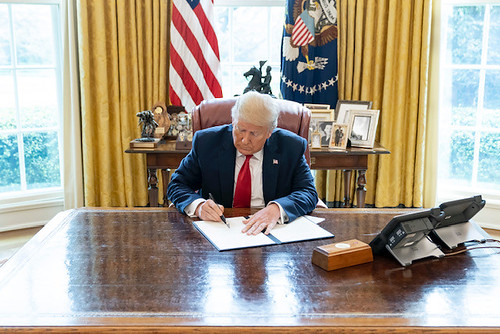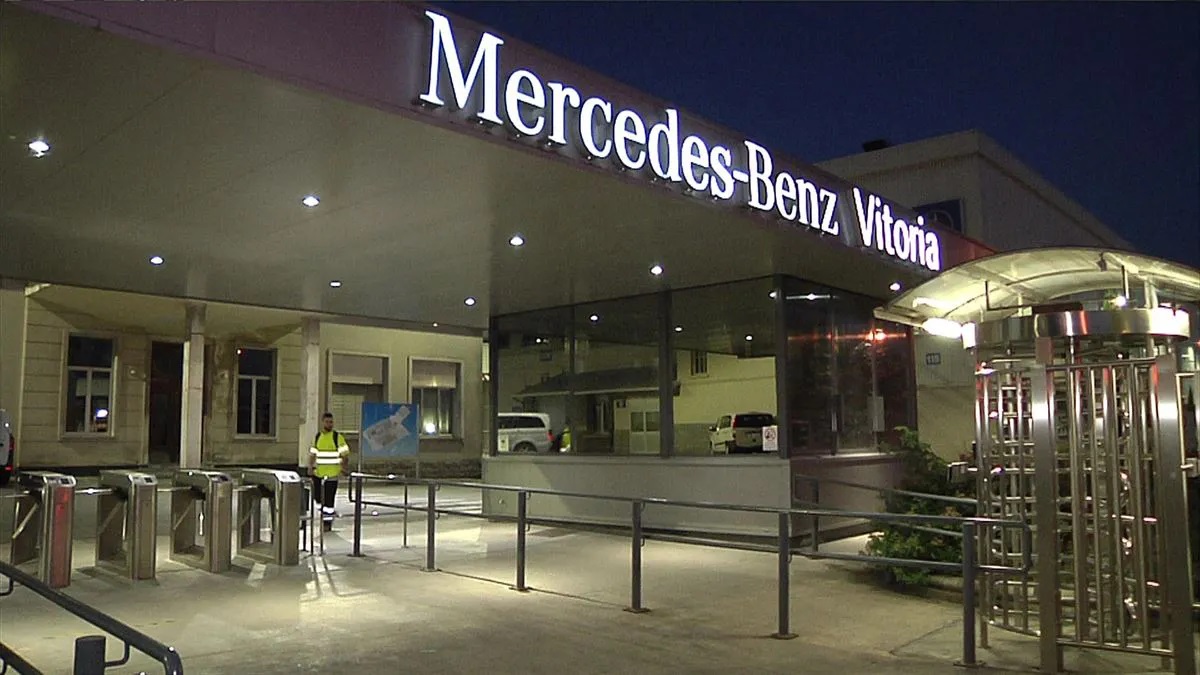Enemies of the electric car
- Aberdeen, Scotland 1837. Chemist Robert Davidson invented what's considered the first electric car, running the tests that had been done before. The Hungarian Ányos Jedlik, for example, built an electric motor and put it in a small-scale car in 1828.

In 1841 Davidson improved the prototype: It presented a car of 6 km/h of speed and 2.4 km of autonomy. These features were very limited to extend the use of the car. However, the railways in Glasgow and Edinburgh saw this renewal as a threat and destroyed the vehicle.
In 1859, French physicist Gaston Planté invented the battery to recharge and another Frenchman, Camille Alphonse Faure, greatly increased the capacity of these batteries in 1881. All this allowed the industrial production of the car designed by Andreas Flocken to start in 1888.
Before the end of the 20th century, electric taxi companies were created in London, Paris, Berlin and New York. Among other advantages, electric cars needed only half of the space occupied by horse cars, and reels launched a ugly campaign against the new taxis in London, which ended with the London Electric Cab Company.
In the private market, electric cars met a more subtle rival: sexism. Cleaner, easier to drive, quieter, more suitable for short distances… advertising focused mainly on women. But most shoppers were men and few chose the car for the “girls”.
The biggest enemy of electric cars has been oil, which has become fuel. The discovery of large oil reserves caused the price of fuel to be significantly reduced. In 1908, Henry Ford marketed the Ford-T model at half the price of an electric car. And the electric car touched.
Juan Ignacio Pérez Iglesias, head of the Chair of Scientific Culture of the UPV/EHU, considers that electric cars failed “perhaps because they were created out of time”. But is there a good time against oil companies? For many, this is the right time to drive these cars forward. However, according to energy expert Jonathan Lesser, “it is not the solution to reduce emissions, as it requires an increase in electricity production.” Did I mean that electric cars are nothing but patches and that the solution is a radical change in the mobility model? Presumably not. Lesser, consultant at the Manhattan Institute. And guess who's behind that organization? The all-powerful Exxon oil company.
Muga-zergak apirilaren 2tik aurrera ezarriko dira eta altzairuari eta aluminioari ezarritakoei batuko zaizkie. "Gurekin negozioa egiten duten eta gure aberastasuna eskuratzen duten herrialdeei ezarriko dizkiegu", AEBetako presidenteak adierazi duenez.
2021etik 2025era isuriak %15ean murriztu behar zituen industriak. Ursula Von Der Leyenek automobilgintzaren sektorearen eskutik ekintza plan bat aurkeztuko du martxoaren 5ean. Oraindik erabakia hartua ez badago ere, Europar Batasunak sektorearen eskaerak onartuko dituela diote... [+]
The Bilbao City Hall has launched the Low Emissions Zone in June, although fines are not expected to start to be imposed until September. This measure will limit the entry of old vehicles to the bourgeois esplanade of Bilbao from Monday to Friday, according to EiTB. Petrol... [+]


























